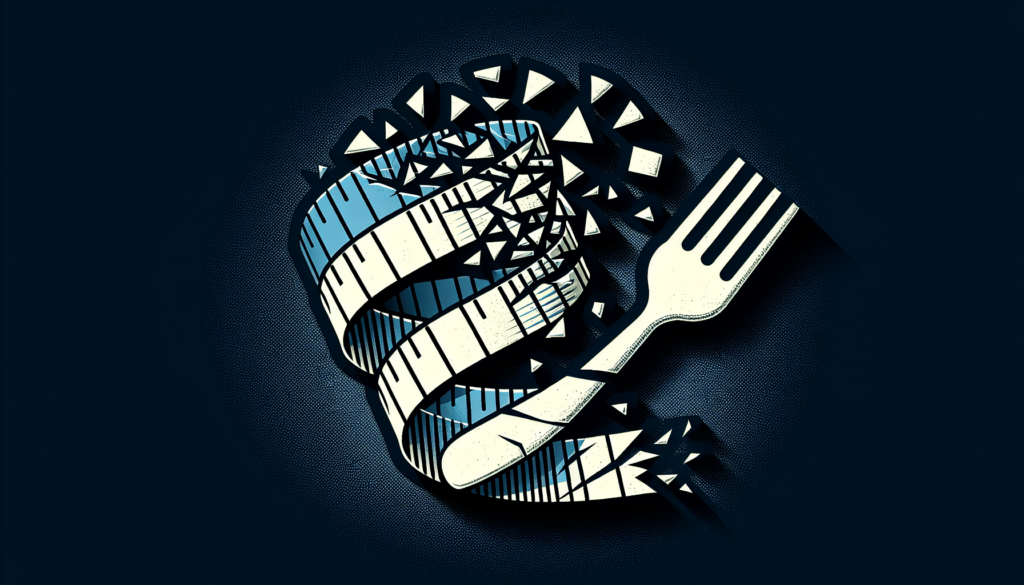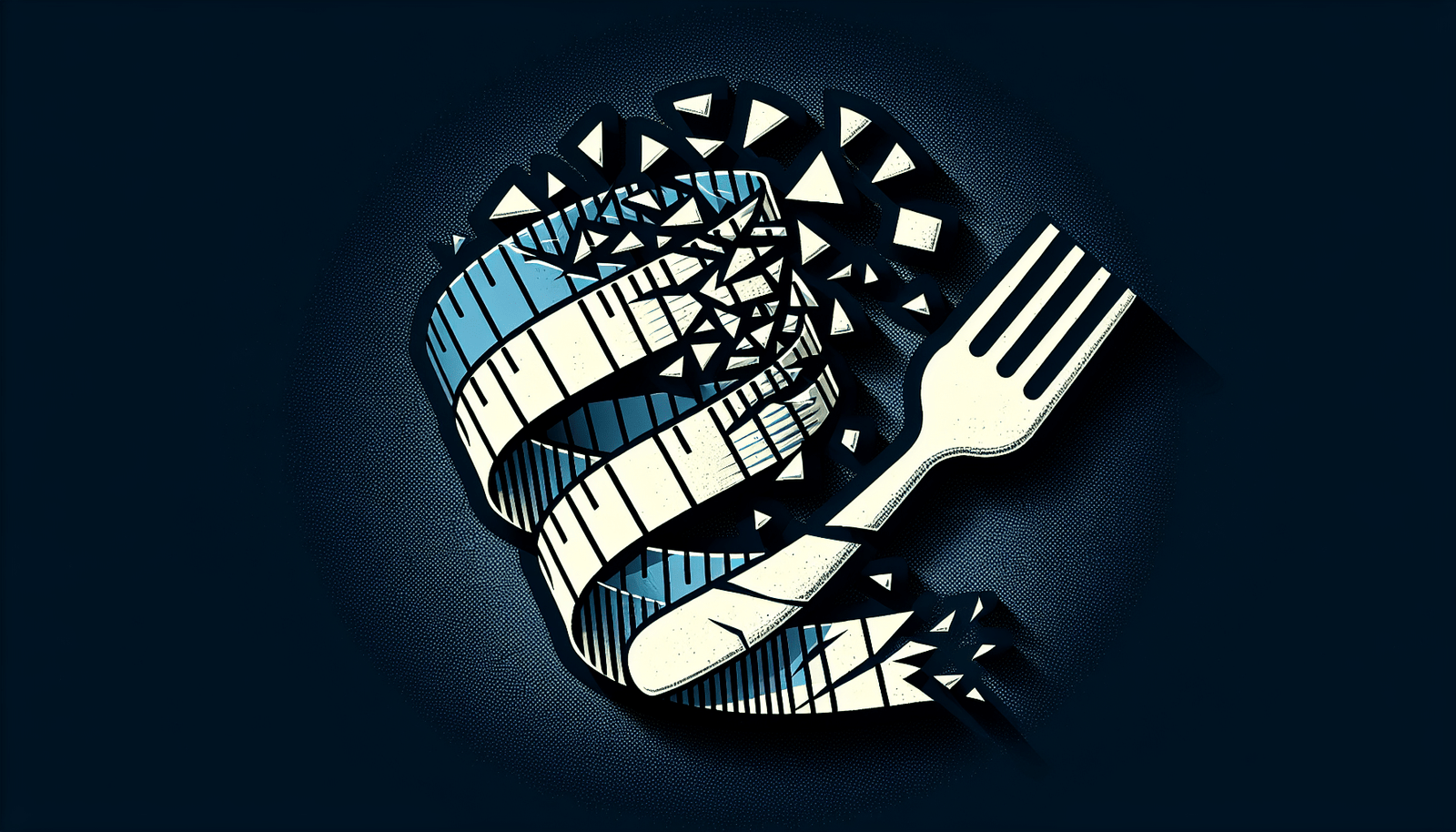The Dangers of Crash Dieting: What You Need to Know

Are Crash Diets Worth the Risk?
When you’re looking to lose weight quickly, crash diets may seem like an attractive option. But are they really worth the risk? In this article, we’ll explore the dangers of crash dieting and why it’s important to approach weight loss in a healthy and sustainable way.
The Definition of Crash Dieting
Crash dieting is a weight loss approach that involves drastically reducing your calorie intake in a short period of time. These diets often promise quick results, but they can have serious consequences for your health.
Why Do People Turn to Crash Diets?
People may turn to crash diets for various reasons, such as wanting to fit into a certain dress size for an upcoming event or trying to jumpstart their weight loss journey. However, it’s essential to understand the risks involved before embarking on a crash diet.
The Risks of Crash Dieting
Crash dieting can have a negative impact on both your physical and mental health. Let’s take a closer look at some of the risks associated with crash dieting.
Nutrient Deficiencies
When you drastically reduce your calorie intake, you may not be consuming enough nutrients to support your body’s needs. This can lead to deficiencies in essential vitamins and minerals, which are crucial for overall health and well-being.
Muscle Loss
Crash dieting can also result in muscle loss, as your body may start breaking down muscle tissue for energy. This can slow down your metabolism and make it harder to maintain weight loss in the long run.
Metabolic Damage
Repeated crash dieting can damage your metabolism, making it harder for your body to burn calories efficiently. This can lead to weight gain in the future and a cycle of yo-yo dieting.
Hormonal Imbalance
Crash dieting can disrupt your hormonal balance, leading to issues such as irregular periods, fatigue, and mood swings. Hormones play a crucial role in regulating various bodily functions, so it’s essential to maintain a balanced diet for optimal health.
Psychological Effects
Crash dieting can take a toll on your mental health, leading to feelings of deprivation, guilt, and obsession with food. This can contribute to disordered eating patterns and negatively impact your relationship with food.
How to Lose Weight Safely
If you’re looking to lose weight, it’s important to do so in a safe and sustainable way. Here are some tips for achieving your weight loss goals without resorting to crash dieting.
Set Realistic Goals
Instead of aiming for quick fixes, set realistic and achievable weight loss goals. This will help you stay motivated and make lasting changes to your lifestyle.
Focus on Nutrient-Dense Foods
Prioritize nutrient-dense foods such as fruits, vegetables, lean proteins, and whole grains. These foods will provide your body with essential nutrients while supporting your weight loss efforts.
Practice Portion Control
Instead of restricting calories drastically, focus on portion control and mindful eating. Pay attention to hunger cues and stop eating when you feel satisfied, rather than uncomfortably full.
Stay Active
Incorporate regular physical activity into your routine to support weight loss and improve overall health. Aim for a mix of cardiovascular exercise, strength training, and flexibility exercises to keep your body strong and healthy.
Seek Professional Help
If you’re struggling to lose weight or maintain a healthy relationship with food, consider seeking help from a registered dietitian or therapist. They can provide individualized guidance and support to help you reach your goals.
The Importance of a Balanced Approach
Weight loss is a journey that requires patience, dedication, and a balanced approach. Crash dieting may promise quick results, but the risks far outweigh the benefits. By focusing on healthy habits and sustainable changes, you can achieve long-lasting weight loss success while supporting your overall health and well-being.

